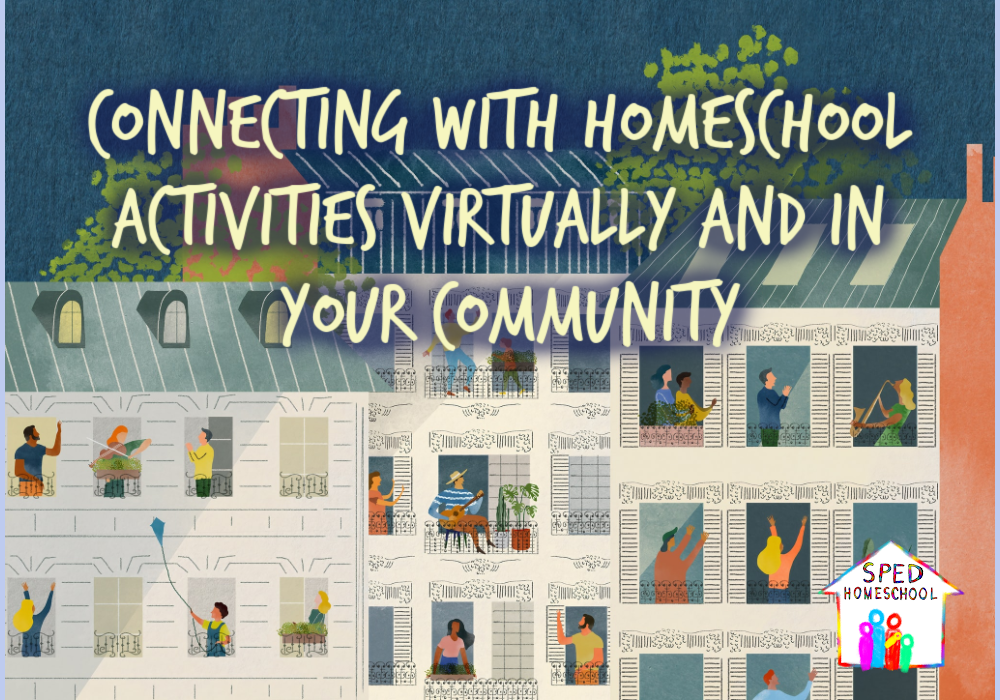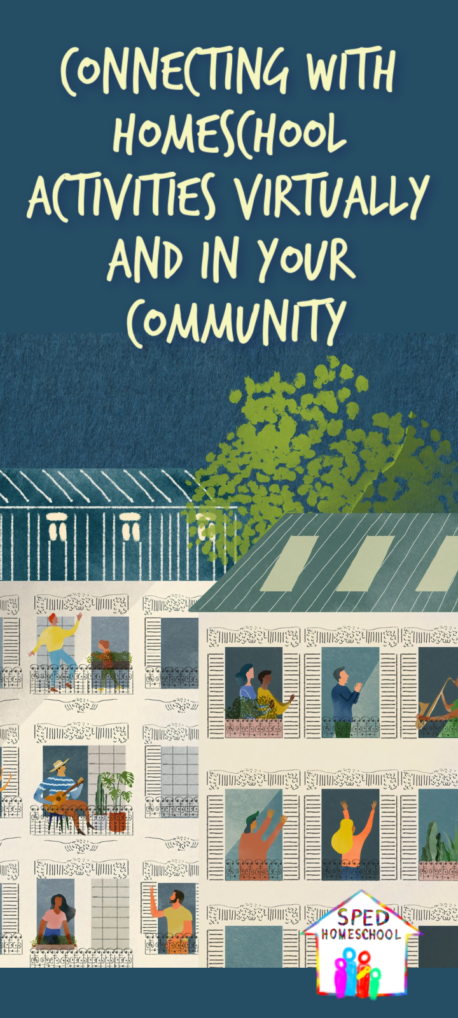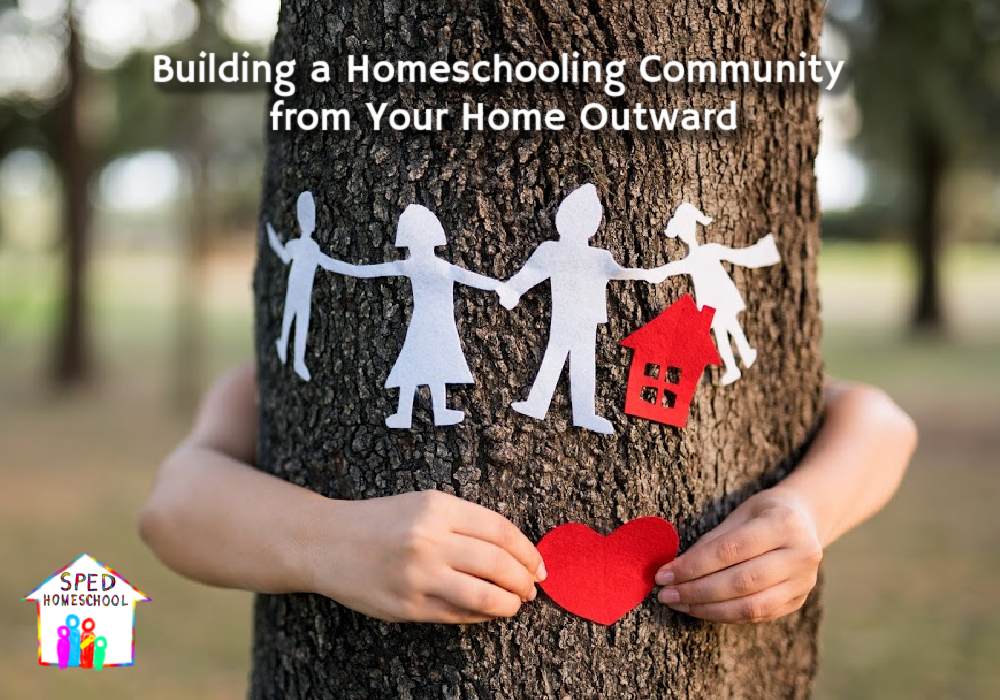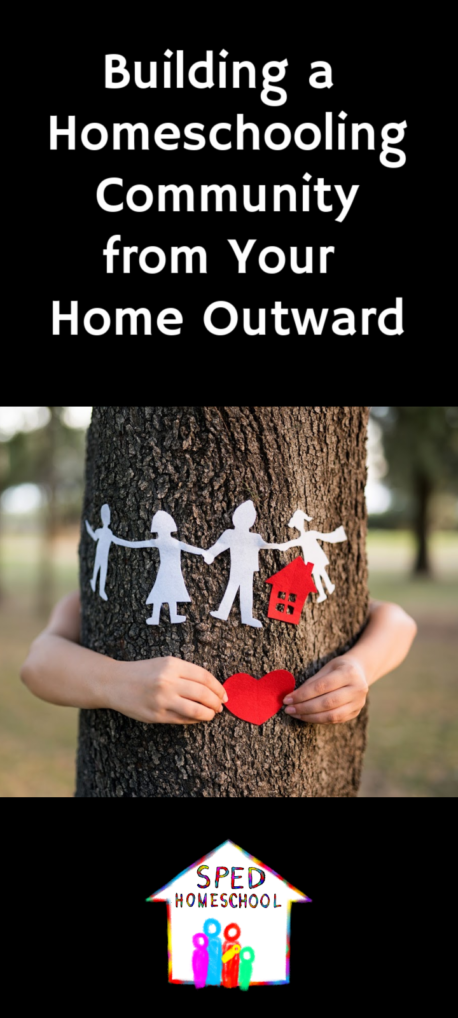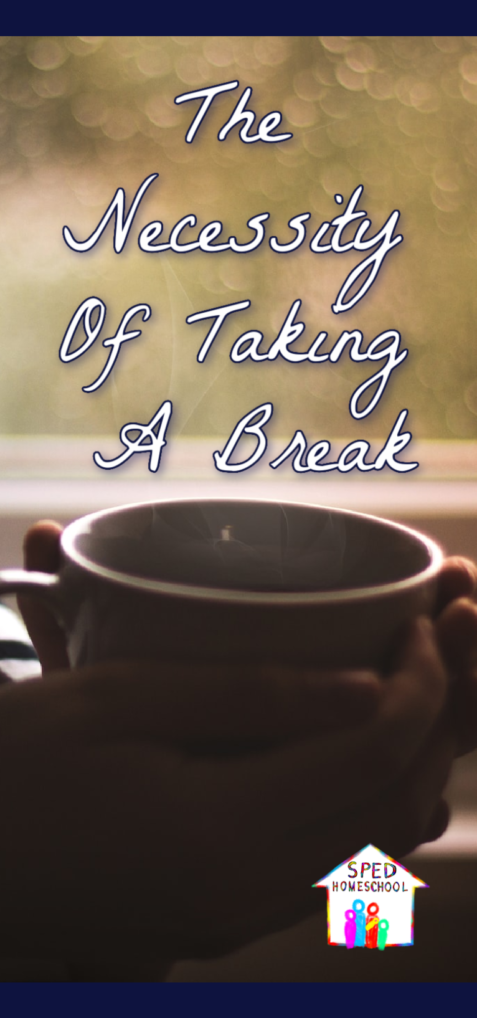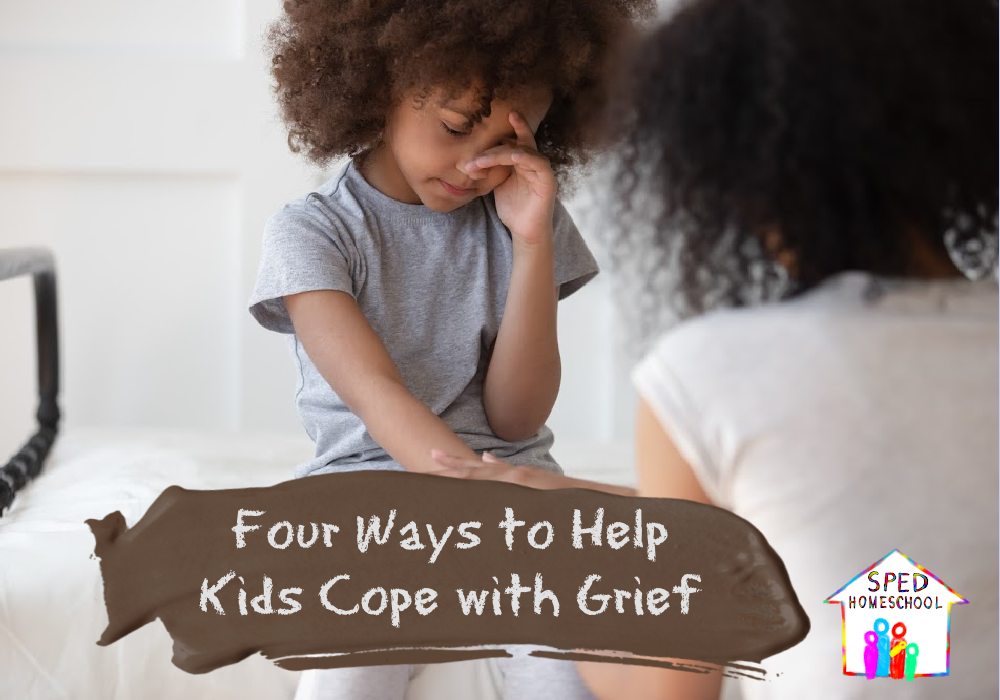
Sarah Collins, SPED Homeschool Partner Collins Academy Therapy
Homeschool families are not exempt from grief. In July, we lost my husband’s grandfather. He passed away after a long life and a very short battle with pancreatic cancer. We were fortunate he lived his last seven weeks in our home. We quickly moved him and his wife of 72 years out of their assisted living home when the COVID-19 pandemic started. When they came to live with us, we worried they were exposed to COVID, but that worry quickly passed, and then he was diagnosed with cancer. Can you imagine the fear, then love, then happiness, then uncertainty, then joy, then sadness that my children felt? As a result, I drew on my background as an Occupational Therapist and am grateful for our choice to homeschool so that we can teach to the heart during our homeschool day.
The American Occupational Therapy Association provides a list of recommendations for Occupational Therapists to implement when treating those dealing with grief. Here are four ways to adapt those recommendations to your homeschool:
#1 – Help children get back to regular routines because they have an organizing effect and encourage feelings of well being. Of course, some time off is necessary. However, this works well with our overall philosophy of rhythm vs. routine. We can get back to a rhythm in our day, like morning time together, books at lunch, afternoons outdoors, very quickly.
#2 – Encourage participation in enjoyable but low-stress activities with close friends to minimize feelings of isolation. Being connected with other homeschool families allows kids to divert attention to more pleasurable activities with friends and also gives them a support system to process their emotions.
#3 – Provide creative activities such as art projects and journaling to foster self-expression, which can help with processing strong feelings. Drawing, painting, craftwork, scrapbooking, making memory boards with photographs, and collages naturally lend to meeting the needs of the grieving child (Milliken, Goodman, & Bazyk, 2007). My 11 year old made a photo montage of our time during what we lovingly call the “Collins COVID Cancer Chronicles”. We also spent time reading many picture books to help give a language to grief. Our favorites are The Invisible String, Lifetimes, Badger’s Parting Gifts, and Ida Always.
#4 – Provide activities to do in remembrance of your loved one. What hobbies did they enjoy? Or what memories do you cherish of your time together? Baking cookies, wood-burning, flower arranging, scrapbooking, drawing, and painting were some of the occupations that we have done to help memorialize Pappy and keep our hands busy.
Grief is difficult because it is manifested differently in every person. Even though homeschool families are not exempt from loss and grief, we have the advantage of completing meaningful occupations together as a family/ homeschool and within a community.
Looking for more encouragement for homeschooling during a tough season? Check out this recent SPED Homeschool mom encouragement blog round-up.


